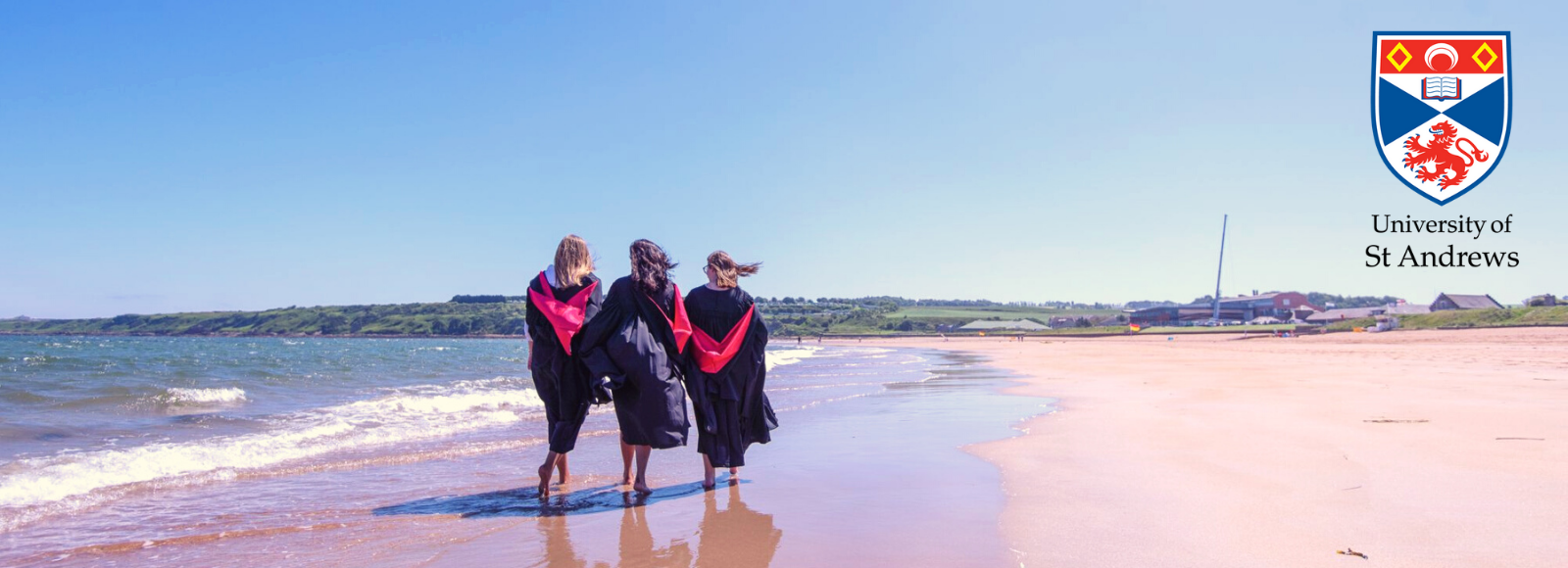- ...
Postgraduate Studentships - Search for funding opportunities.
The MLitt in Sacred Music is a one year full-time or two years part-time taught programme and is run jointly by the School of Divinity's Institute for Theology, Imagination and the Arts (ITIA) and the University of St Andrews Music Centre.
The course is aimed at those intending to carry out church music performance and leadership roles, clergy, and those seeking a self-contained programme of study in sacred music or planning to pursue doctoral research in the field.
Students will deepen their understanding of the theological and artistic underpinnings of sacred music-making, and, where applicable, will develop their practical skills of sacred music performance and leadership.
The University of St Andrews has a range of unique music facilities for Sacred Music students, including the new state-of-the-art Laidlaw Music Centre. Students will be supported by ITIA and Music Centre staff who have research and practical expertise in sacred music.
Highlights
A 2.1 undergraduate Honours degree and relevant experience in theology or music. If you studied your first degree outside the UK, see the international entry requirements.
The qualifications listed are indicative minimum requirements for entry. Some academic Schools will ask applicants to achieve significantly higher marks than the minimum. Obtaining the listed entry requirements will not guarantee you a place, as the University considers all aspects of every application including, where applicable, the writing sample, personal statement, and supporting documents.
Application requirements
For fees and funding options, please visit website to find out more
The MLitt in Sacred Music will benefit those wishing to pursue a career as a church musician, or who are already active as church music makers.
Theology and Music, and Sacred Music, are growing fields of interdisciplinary scholarship, and this programme will also benefit those wishing to pursue doctoral study in the area.
Previous graduates of the MLitt in Sacred Music have gone on to church music leadership and performing roles, active ministry, doctoral research at St Andrews and elsewhere, and positions in the wider field of music and the arts.
The Careers Centre offers one-to-one advice to all students as well as a programme of events to assist students in building their employability skills.
Compulsory
Optional
In Semester 2, students must pick an optional module. This optional module can either be from the Theology and the Arts MLitt or from another Divinity MLitt.
An example of a Theology and the Arts option:
Optional choices are subject to the approval of the course coordinator and subject to change each year. Some also may require a minimum number of participants or only allow limited numbers of students. Read more about curriculum development at the University of St Andrews.
Dissertation
The end-of-year assessment provides students with the opportunity to draw together the theoretical, philosophical, and professional practice strands of the course. Students may choose from either a research or practical assessment.
Students choosing a research assessment must complete a 12,000-word dissertation on a topic in sacred music of their choice. Student dissertations will be supervised by members of the teaching staff who will advise students in their choice of subject and provide guidance throughout the research process.
Those choosing a practical project have the choice of either a recital of sacred music with a written exegesis of research on the programme (5000 words) or a composition portfolio of sacred music with critical reflection (5000 words).
If students choose not to complete the dissertation requirement for the MLitt, an exit award is available that allows suitably qualified candidates to receive a Postgraduate Diploma. By choosing an exit award, you will receive a PGDip instead of an MLitt.

Scotland’s first university, an experience like no other Masters programmes to help you find your future. Are you looking to earn an outstanding pos...